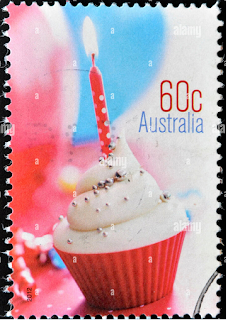The Tokyo Bay Aqua-Line, also known as the Trans-Tokyo Bay Expressway opened on 18 December 1997, is a remarkable infrastructure project in Japan that spans Tokyo Bay, connecting Kawasaki City in Kanagawa Prefecture with Kisarazu City in Chiba Prefecture. Here are some key details:
Structure
- Total Length: Approximately 14 kilometers (8.7 miles).
- Bridge Portion: About 4.4 kilometers (2.7 miles).
- Undersea Tunnel: Around 9.6 kilometers (6.0 miles), making it one of the world's longest underwater tunnels for motor vehicles.
Construction
- Inauguration Date: 18 December 1997.
- The project took nearly 23 years to complete due to its complexity and cost, which was estimated at around 1.44 trillion yen (approx. USD 11 billion at the time).
Key Features
- Umihotaru Parking Area:
- A man-made island at the point where the bridge transitions into the tunnel.
- Features shops, restaurants, and viewing platforms offering panoramic views of Tokyo Bay.
- Environmental Considerations:
- Special care was taken to minimize ecological disruption during construction.
- The design incorporated measures to withstand earthquakes and strong typhoons common in Japan.
Purpose and Impact
- Economic Importance: Significantly reduces travel time between Kanagawa and Chiba Prefectures, fostering economic and logistical benefits for the Greater Tokyo Area.
- Tourism: The Umihotaru island has become a popular tourist destination.
- Toll Road: The Aqua-Line is a toll expressway, with fees helping cover maintenance and construction costs.



.webp)

.jpg)



